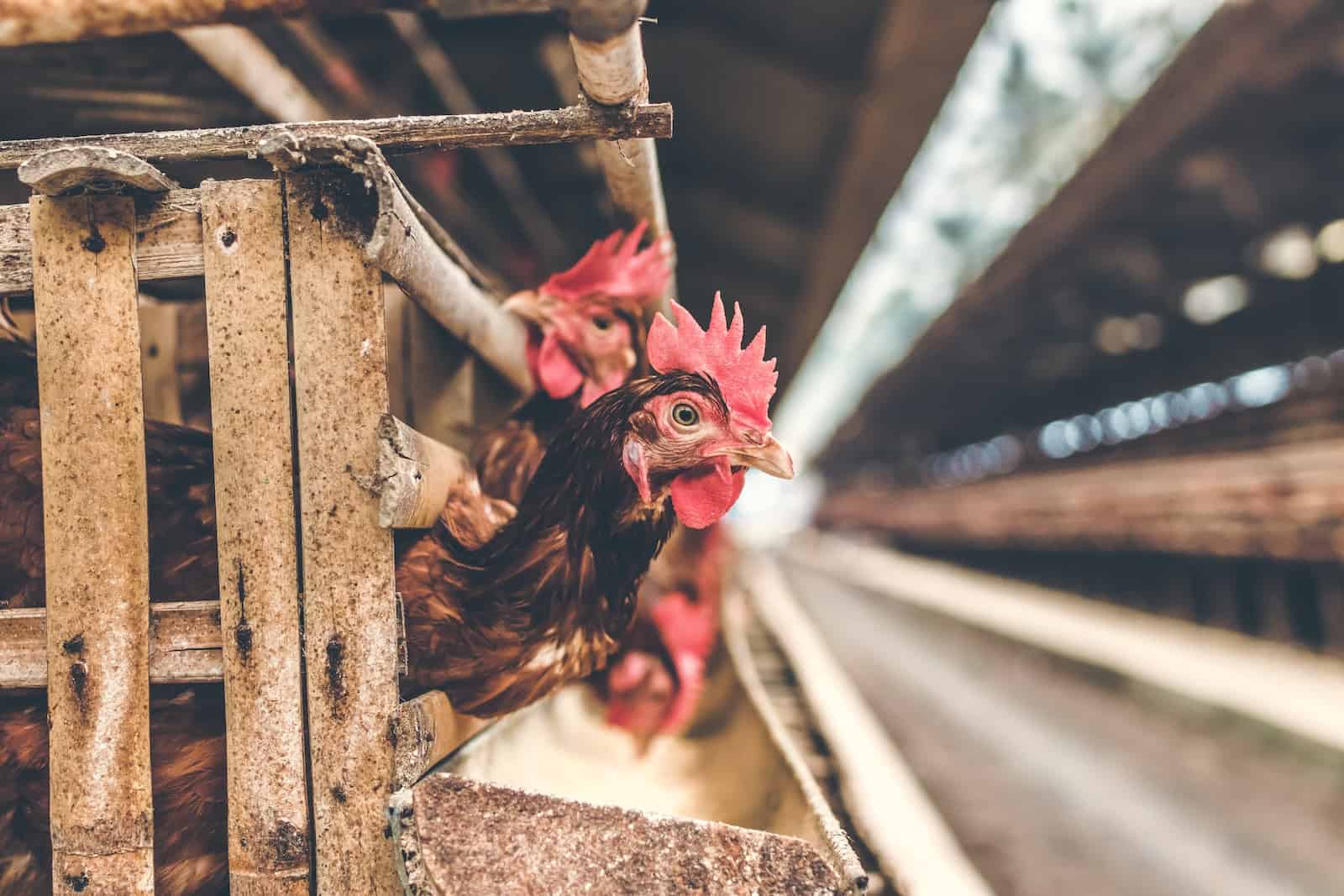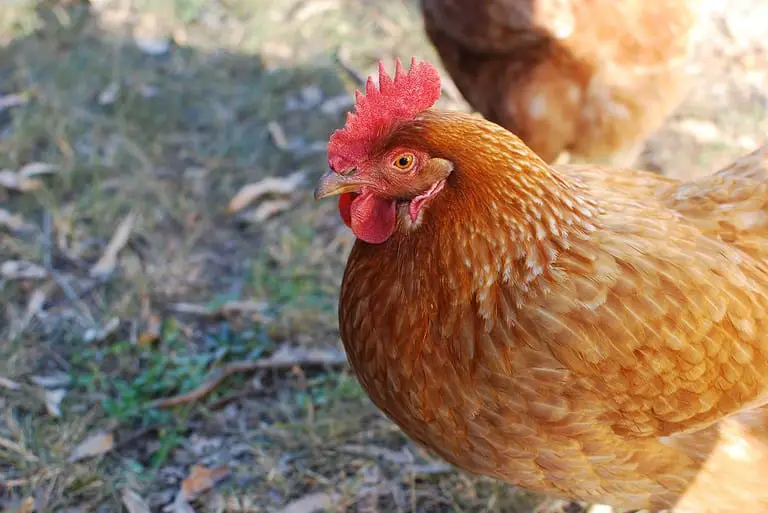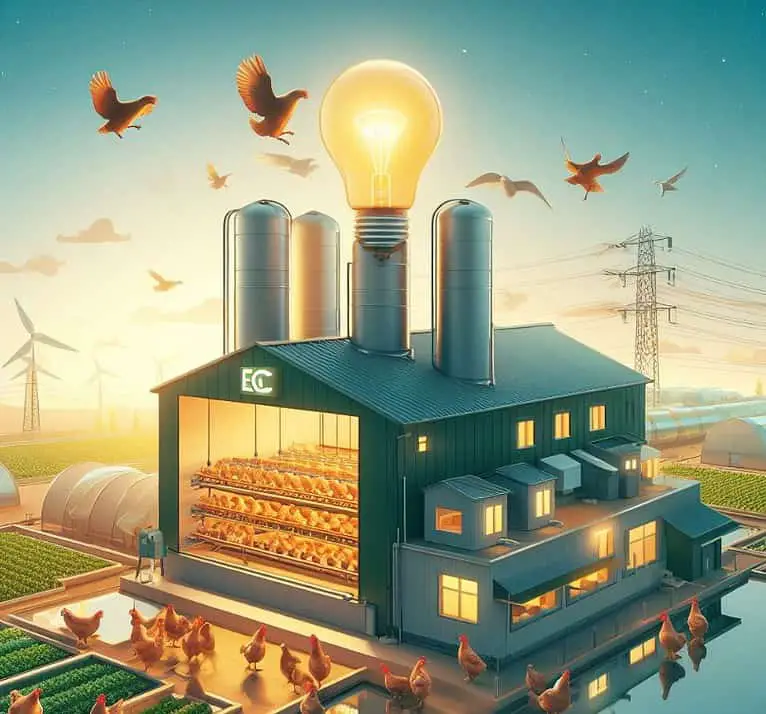The Advantages of Automated Poultry Farming Equipment for Modern Chicken Farming and Egg Collection Systems
Enhanced Efficiency in Poultry Farming Operations
Equipment for Modern Chicken Farming and Egg Collection Systems. Enhanced efficiency in poultry farming operations is crucial for the success and profitability of the poultry industry. With the constantly growing demand for poultry products such as broiler chickens and eggs, it is essential for farmers to find ways to optimize their operations.
One way to achieve enhanced efficiency is through effective flock management. By closely monitoring and managing the health, nutrition, and environment of the poultry flock, farmers can ensure optimal growth and productivity.
This includes implementing proper vaccination programs, biosecurity principles, and housing design and management to prevent diseases and maintain a healthy flock.
Additionally, selecting the right chicken breeds for specific purposes, such as broiler chicken farming or layer chicken farming, can further enhance efficiency by maximizing production output.
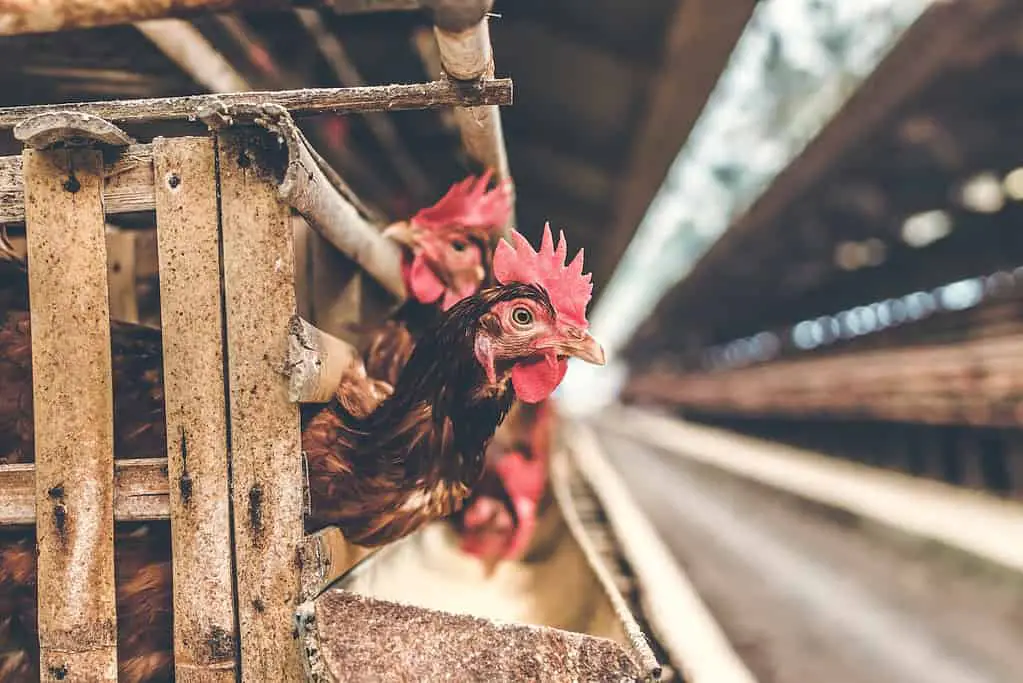
Another aspect of enhanced efficiency in poultry farming operations is the utilization of technology and automation. Advances in poultry farming equipment, such as precise feeding and watering systems, can significantly streamline the process of providing an appropriate diet and ensuring access to clean water for the poultry. This not only minimizes manual workload and labor costs but also improves the overall health and growth of the birds.
To improve the economic viability of poultry farming, it is also essential to implement efficient business planning and cost management strategies. This includes carefully analyzing costs associated with poultry farming operations, processing, marketing, and logistics. By identifying and minimizing unnecessary expenses, farmers can increase their revenues and overall profitability.
In conclusion, enhanced efficiency in poultry farming operations is crucial for maximizing the productivity and profitability of the poultry industry. Effective flock management, the use of technology and automation, and strategic business planning are key elements to achieve this goal. By continuously improving and optimizing their operations, poultry farmers can meet the growing demand for poultry products while ensuring the welfare of the birds and maintaining a successful and sustainable business.
- Effective flock management is crucial for enhanced efficiency in poultry farming operations.
- Monitoring and managing the health, nutrition, and environment of the poultry flock is essential.
- Proper vaccination programs, biosecurity principles, and housing design and management help prevent diseases and maintain a healthy flock.
- Selecting the right chicken breeds for specific purposes can maximize production output.
- Utilizing technology and automation in poultry farming equipment streamlines processes and improves bird health.
- Precise feeding and watering systems minimize manual workload, labor costs, while ensuring adequate diet and clean water access for birds.
- Efficient business planning and cost management strategies are necessary to improve economic viability in poultry farming operations.
- Analyzing costs associated with farming operations, processing, marketing, logistics helps identify unnecessary expenses that can be minimized or eliminated.
- By continuously improving operations through these strategies farmers can meet growing demand while maintaining successful businesses.
Improved Animal Welfare and Health Monitoring
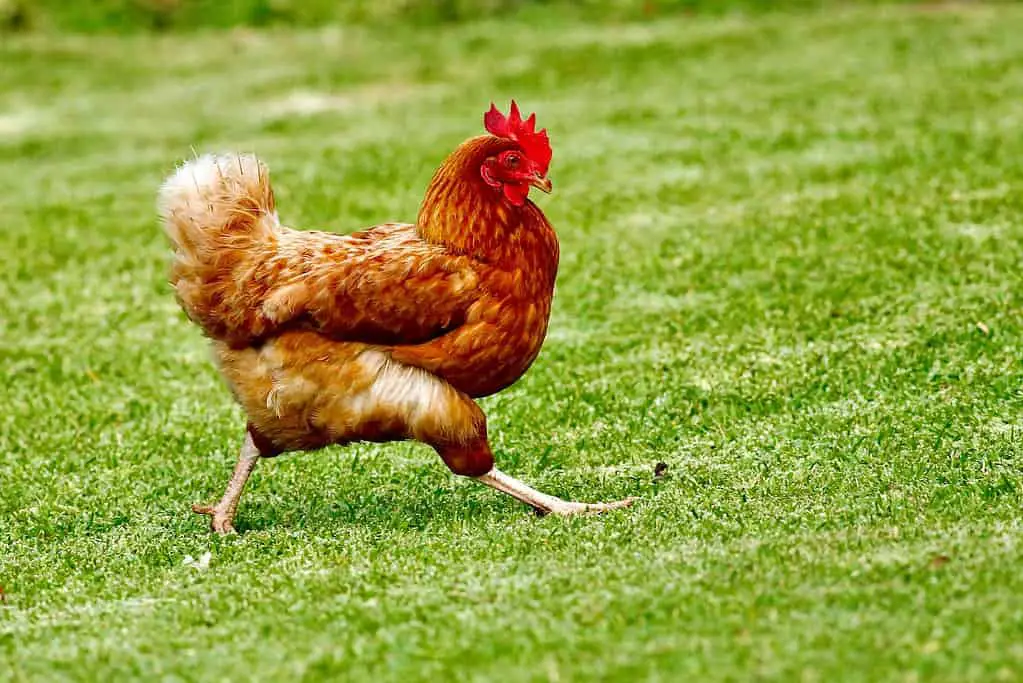
Animal welfare and health monitoring are essential aspects of poultry farming operations. With the use of advanced technologies and techniques, farmers can ensure the well-being and optimal health of their poultry flock.
One way to monitor and enhance animal welfare is through precise feeding and watering systems. By implementing automated systems, farmers can provide the right amount of feed and water at the right time, ensuring that each bird receives the necessary nutrients for optimal growth and health. These systems also help prevent overeating and wastage of feed, leading to cost savings for the farmer.
Additionally, advanced biosecurity measures play a crucial role in promoting animal welfare and health. Strict biosecurity protocols, such as regular disinfection and controlled access to poultry houses, help prevent the spread of diseases that can adversely affect the flock.
Alongside biosecurity, vaccination programs tailored to specific poultry breeds and diseases further contribute to maintaining a healthy flock. By implementing these preventive measures, farmers can minimize the risk of illness and disease outbreaks, which ultimately improves animal welfare and overall farm productivity.
Streamlined Egg Collection and Sorting Processes
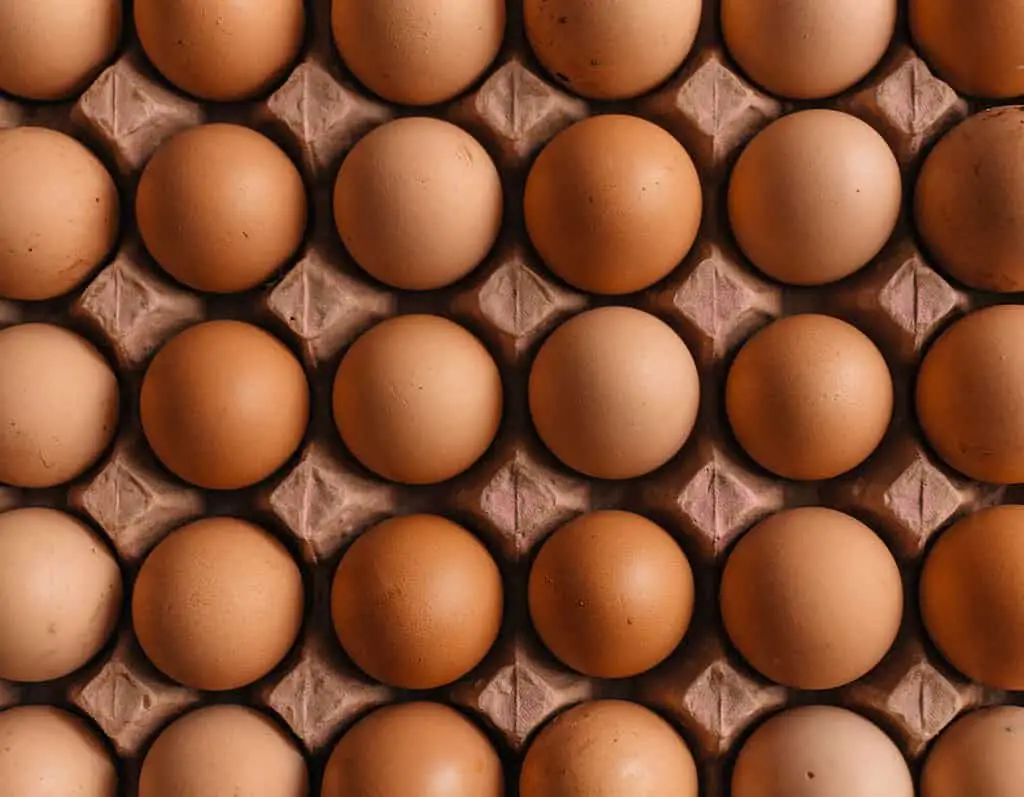
The process of collecting and sorting eggs in a poultry farm is crucial for maintaining efficiency and ensuring the highest quality products for consumers. With the introduction of streamlined egg collection and sorting processes, poultry farmers can experience significant improvements in their operations.
One of the key benefits of these streamlined processes is the reduction of labor costs and manual workload. Traditionally, egg collection and sorting were time-consuming tasks that required extensive manual labor. However, with the implementation of advanced technologies and automated systems, eggs can now be collected and sorted more efficiently, minimizing the need for manual intervention. This not only saves time but also reduces the physical strain on farm workers, allowing them to focus on other essential tasks.
In addition to improved efficiency, streamlined egg collection and sorting processes also contribute to enhanced egg quality and food safety. Automated systems can accurately grade and sort eggs based on various quality parameters such as size, weight, and shell integrity.
This ensures that only eggs of the highest standards are selected for packaging and distribution, minimizing the risk of contamination or inferior products reaching the market. With improved quality control measures in place, poultry farmers can strengthen their reputation for producing premium eggs and maintain customer trust.
Overall, the adoption of streamlined egg collection and sorting processes in the poultry industry offers numerous advantages. From reducing labor costs and manual workload to ensuring the highest standards of egg quality and safety, these advancements contribute to the overall profitability and success of poultry farms. As technology continues to evolve, it is essential for poultry farmers to embrace these innovations and optimize their operations for maximum efficiency and productivity.
Minimized Labor Costs and Manual Workload
Efficiency is a key factor in the success of any poultry farming operation. By implementing modern technologies and practices, labor costs can be minimized, and the manual workload can be significantly reduced. The advancements in the poultry industry have brought about innovative solutions that automate various tasks, freeing up time and resources for farmers.
One area where labor costs can be minimized is in the management of chicken flocks. With the help of integrated poultry farming ERP software, farmers can streamline their flock management processes. This software allows for easy tracking of individual bird data, such as weight, feed consumption, and health records. With accurate and real-time information at their fingertips, farmers can make informed decisions and take timely actions to ensure optimal flock health and growth. This not only reduces the need for manual labor but also improves the overall efficiency of the farm.
Another aspect where manual workload can be minimized is in the processing and marketing of poultry products. Traditional methods of egg collection and sorting, as well as meat processing, can be time-consuming and labor-intensive. However, with the introduction of automated egg collection systems and hygienic processing techniques, these tasks have become much more efficient. Farmers can now rely on advanced equipment to handle these processes, reducing the need for manual labor and increasing overall productivity.
By embracing these advancements in poultry farming, farmers can significantly minimize labor costs and manual workload. As a result, they can allocate their resources more efficiently and focus on other critical aspects of their business, such as biosecurity, nutrition, and market strategies. As the industry continues to evolve, it is essential for poultry farmers to stay up-to-date with the latest technologies and practices to ensure their businesses remain profitable and sustainable.
Increased Production and Profitability
The poultry farming industry is driven by the need for increased production and profitability. With the right strategies in place, farmers can maximize their outputs and ensure a healthy bottom line.
One key aspect of achieving increased production and profitability is effective flock management. By implementing proper biosecurity measures, such as regular disease control and vaccination programs, farmers can minimize the risk of outbreaks that could lead to financial losses. Additionally, housing design and management play a crucial role in ensuring the well-being of the birds, resulting in improved productivity.
Another vital factor in enhancing production and profitability is optimizing feed and nutrition. Choosing the right breed and providing age-appropriate feed can significantly impact the growth and development of the poultry. Moreover, adopting integrated poultry farming ERP software can help farmers monitor feed consumption and adjust nutrient levels accordingly. This precise feeding approach ensures optimal growth and minimizes feed wastage, ultimately boosting production and profitability.
In conclusion, increased production and profitability in poultry farming require a comprehensive approach that encompasses flock management, nutrition, and efficient utilization of resources. By implementing these strategies, farmers can achieve their business goals and contribute to the growth of the poultry industry.
Precise Feeding and Watering Systems for Optimal Growth
Precise feeding and watering systems play a crucial role in ensuring optimal growth and development of poultry. These systems are designed to provide the right amount of feed and water to the birds at specific intervals, taking into consideration their age, breed, and nutritional needs.
In poultry farming, the broiler chicken and layer chicken require different feeding and watering strategies. For broiler chickens, a high-protein diet is necessary to support their rapid growth, while layer chickens require a balanced diet with optimal levels of calcium for egg production. With precise feeding systems, farmers can deliver the appropriate feed formulation to each group of birds, ensuring they receive the necessary nutrients for their growth and productivity.
Apart from feed formulation, precise watering systems are equally important. Poultry birds need access to clean and fresh water at all times to maintain good health and prevent dehydration.
By implementing precise watering systems, farmers can control the water flow and delivery, ensuring that the birds have access to an adequate and consistent supply of water. This not only promotes optimal growth but also helps in maintaining proper digestion and nutrient absorption, which are essential for overall bird health.
In conclusion, precise feeding and watering systems are critical components of modern poultry farming operations. These systems allow farmers to tailor the nutrition and hydration of their birds according to their specific requirements, which ultimately leads to enhanced growth, improved productivity, and increased profitability in the poultry industry.
What are the benefits of using precise feeding and watering systems in poultry farming operations?
Using precise feeding and watering systems in poultry farming operations can enhance efficiency, improve animal welfare and health monitoring, streamline egg collection and sorting processes, minimize labor costs and manual workload, and increase production and profitability.
How do precise feeding and watering systems enhance efficiency in poultry farming operations?
Precise feeding and watering systems ensure that each bird receives the right amount of food and water, reducing waste and optimizing resource utilization. This leads to improved efficiency in the overall operation.
How do precise feeding and watering systems improve animal welfare and health monitoring?
These systems allow for accurate monitoring of feed and water intake, helping to identify any potential health issues or abnormalities in poultry. This enables prompt intervention and improves overall animal welfare.
How do precise feeding and watering systems streamline egg collection and sorting processes?
These systems can be designed to automatically collect and sort eggs based on size, quality, or other criteria. This eliminates the need for manual sorting, saving time and reducing the risk of damage to the eggs.
How do precise feeding and watering systems minimize labor costs and manual workload?
By automating the feeding and watering process, these systems reduce the need for manual labor and repetitive tasks. This lowers labor costs and allows farm workers to focus on other important aspects of poultry farming.
How do precise feeding and watering systems increase production and profitability?
By providing precise and optimized nutrition to each bird, these systems promote healthy growth and development. This leads to increased productivity and profitability in poultry farming operations.
What factors should be considered when implementing precise feeding and watering systems?
Factors such as the size of the poultry farm, the number of birds, the specific nutritional requirements of the flock, and the available budget should be taken into account when implementing these systems.
Are precise feeding and watering systems suitable for all types of poultry farms?
Precise feeding and watering systems can be customized to suit different types and sizes of poultry farms. It is important to consult with experts or suppliers to determine the most suitable system for specific farm needs.
How can I ensure the proper maintenance and functioning of precise feeding and watering systems?
Regular maintenance and cleaning of the systems are essential to ensure optimal performance. It is advisable to follow the manufacturer’s guidelines and schedule regular inspections to identify and address any issues promptly.
Can precise feeding and watering systems be integrated with other poultry farming technologies?
Yes, precise feeding and watering systems can be integrated with other technologies such as automated lighting systems, climate control systems, and data monitoring systems. This integration can further enhance efficiency and productivity in poultry farming operations.

